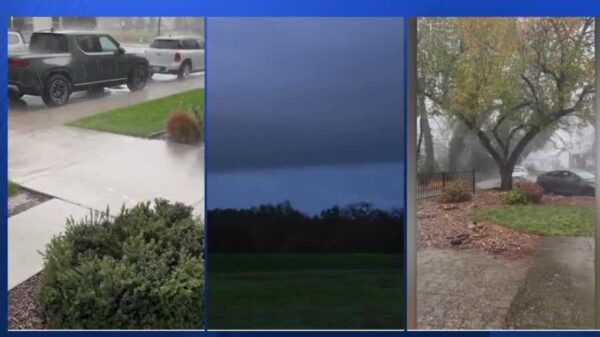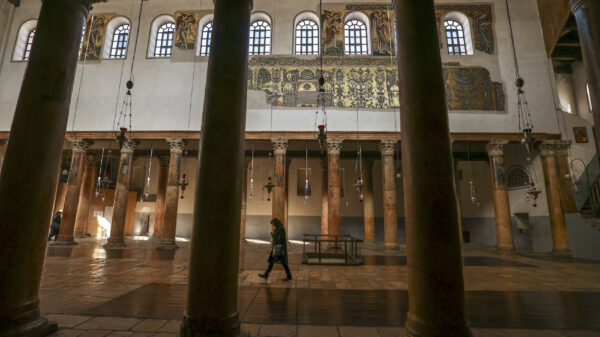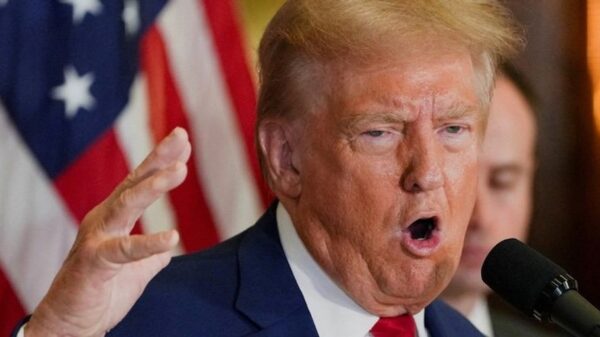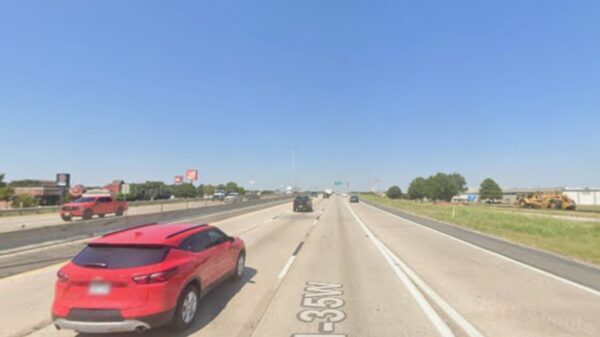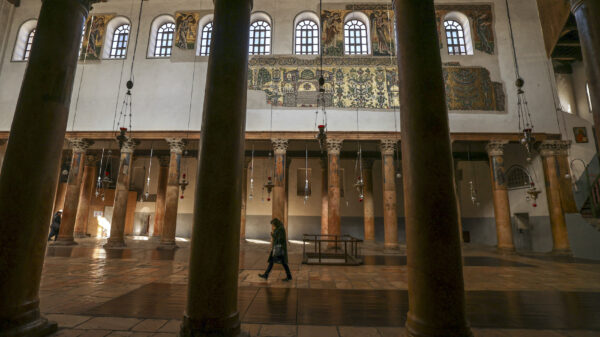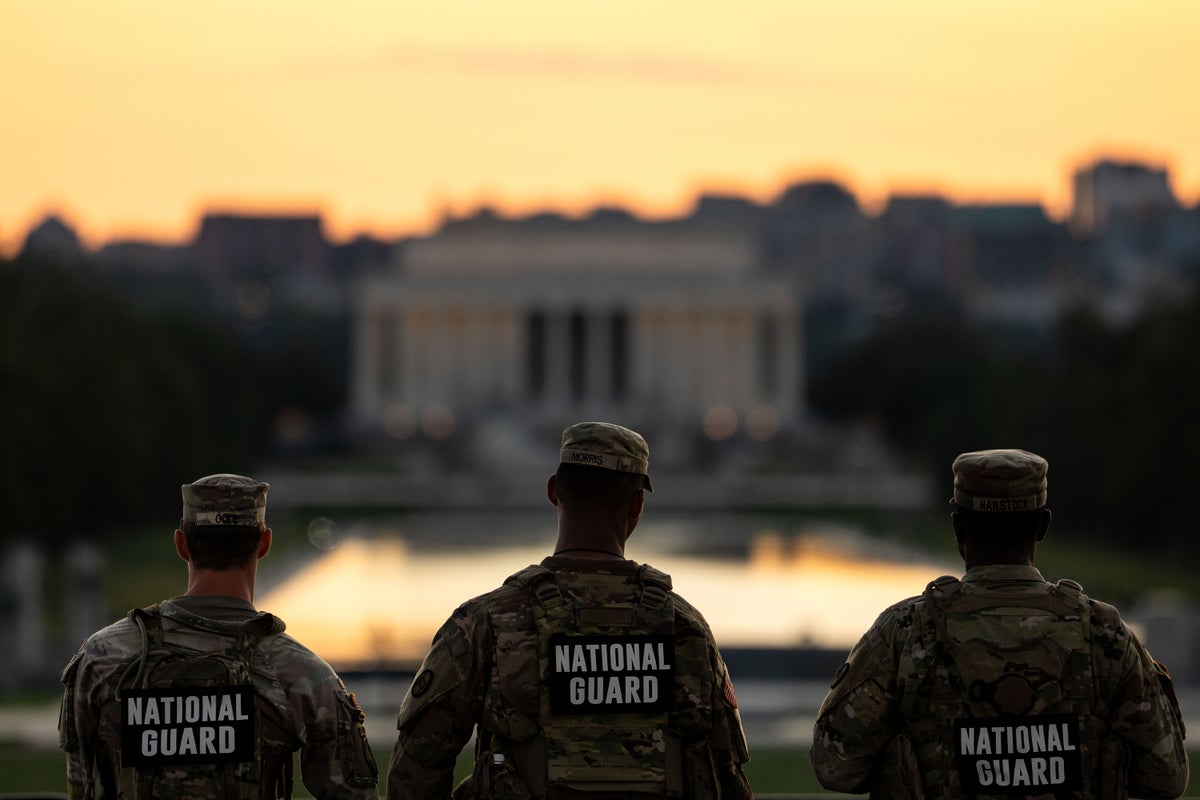UPDATE: Washington D.C. Attorney General Brian Schwalb has just filed a lawsuit against the Trump administration over its controversial deployment of the National Guard in the capital. This urgent legal action comes as Republicans in Congress are reportedly drafting legislation that could shift the attorney general’s role from an elected position to a political appointee, which would grant the president increased control over D.C.’s judicial system.
The lawsuit, filed on July 15, 2023, accuses President Donald Trump and senior defense officials of breaching the Posse Comitatus Act, which prohibits military enforcement of domestic law. Schwalb argues that Trump unlawfully dispatched over 1,300 National Guard members to D.C. under the guise of combating crime, despite a decline in crime rates in recent years.
“No American jurisdiction should be involuntarily subjected to military occupation,” Schwalb stated in the lawsuit. The implications of this legal battle are significant, as it challenges federal overreach in a city that lacks statehood and, thus, full autonomy.
As tensions rise, Republicans are advancing about 14 bills aimed at revising D.C.’s criminal code, proposing harsher penalties and diminishing local authority. One notable draft bill seeks to make the attorney general a political appointee, enhancing federal oversight and potentially undermining local governance. This legislation reflects Trump’s ongoing attempts to assert federal authority in D.C., further intensifying the political stakes.
In a statement, Abigail Jackson, a spokesperson for the White House, defended the deployment, claiming that Trump acted within his legal rights to protect federal assets. “This lawsuit is nothing more than another attempt to undermine the President’s highly successful operations to stop violent crime in D.C.,” Jackson said.
The proposed Republican legislation includes measures such as lowering the age for trying juveniles as adults from 16 to 14 and eliminating D.C.’s Judicial Nomination Commission, effectively stripping the city of its influence over federal judicial appointments.
These developments arrive amidst Trump’s ongoing rhetoric about a “crime emergency” in urban areas, often targeting Democratic-led cities. The political maneuvering is poised to reshape the governance of D.C. and influence how crime is addressed in the capital.
As the House Oversight Committee prepares to finalize these bills, a spokesperson emphasized that the legislation is designed to ensure safety and prosperity for all Americans in the nation’s capital. The committee will soon announce a formal meeting date to discuss these critical measures.
WHAT’S NEXT: The outcome of Schwalb’s lawsuit and the proposed legislation could have lasting effects on D.C.’s governance and its relationship with federal authorities. As these developments unfold, residents and political observers alike will be closely monitoring the impact on public safety and local autonomy.
This urgent situation calls for immediate attention, as the balance of power in Washington D.C. hangs in the balance. Stay tuned for further updates as this story develops.


